J. L. J. Laredo
Distributed Evolutionary Computation using REST
May 25, 2011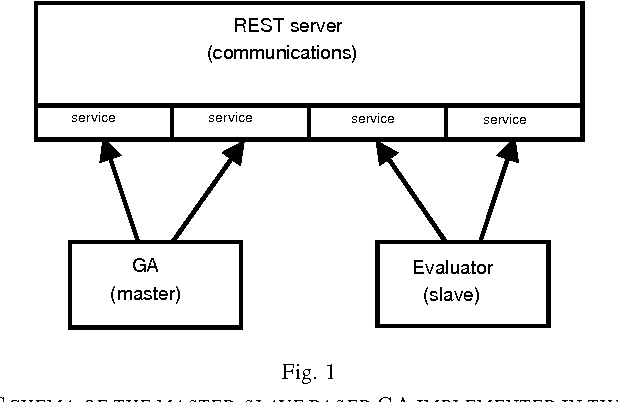
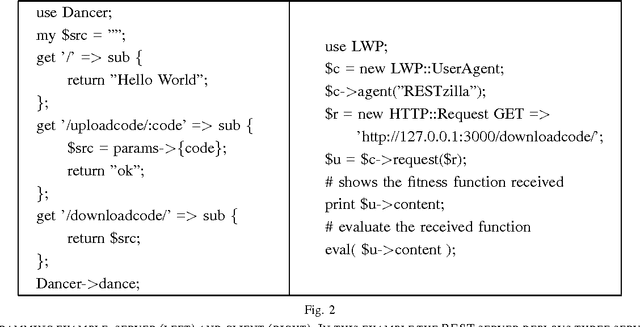
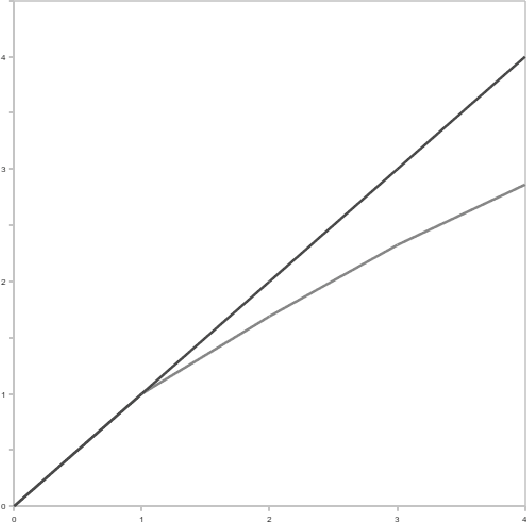
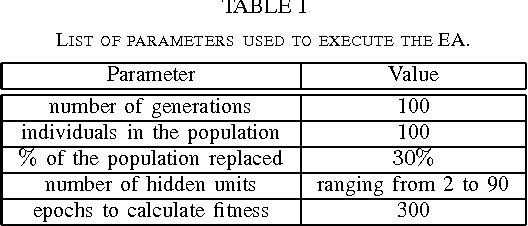
Abstract:This paper analises distributed evolutionary computation based on the Representational State Transfer (REST) protocol, which overlays a farming model on evolutionary computation. An approach to evolutionary distributed optimisation of multilayer perceptrons (MLP) using REST and language Perl has been done. In these experiments, a master-slave based evolutionary algorithm (EA) has been implemented, where slave processes evaluate the costly fitness function (training a MLP to solve a classification problem). Obtained results show that the parallel version of the developed programs obtains similar or better results using much less time than the sequential version, obtaining a good speedup.
KohonAnts: A Self-Organizing Ant Algorithm for Clustering and Pattern Classification
Mar 18, 2008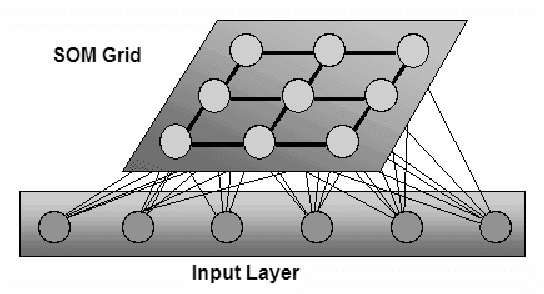
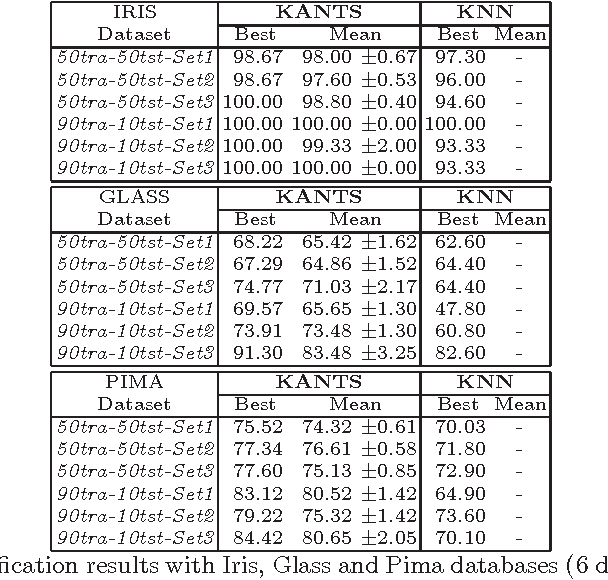
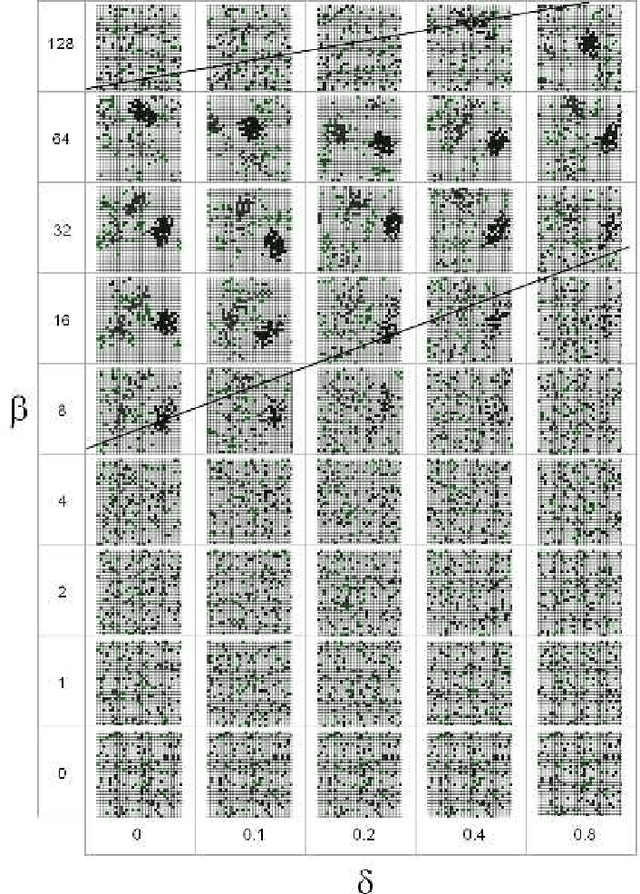
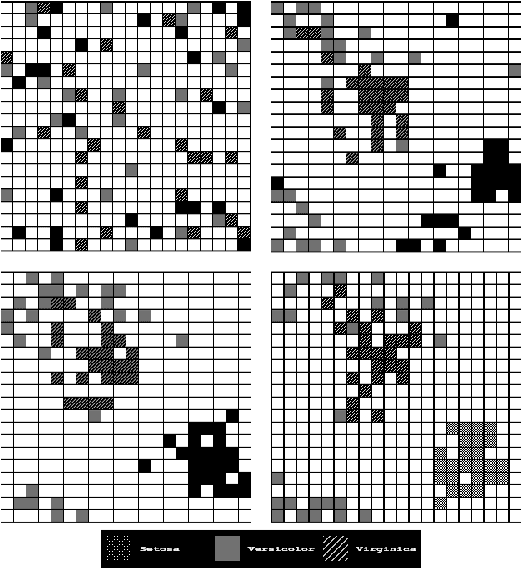
Abstract:In this paper we introduce a new ant-based method that takes advantage of the cooperative self-organization of Ant Colony Systems to create a naturally inspired clustering and pattern recognition method. The approach considers each data item as an ant, which moves inside a grid changing the cells it goes through, in a fashion similar to Kohonen's Self-Organizing Maps. The resulting algorithm is conceptually more simple, takes less free parameters than other ant-based clustering algorithms, and, after some parameter tuning, yields very good results on some benchmark problems.
Improved evolutionary generation of XSLT stylesheets
Mar 13, 2008



Abstract:This paper introduces a procedure based on genetic programming to evolve XSLT programs (usually called stylesheets or logicsheets). XSLT is a general purpose, document-oriented functional language, generally used to transform XML documents (or, in general, solve any problem that can be coded as an XML document). The proposed solution uses a tree representation for the stylesheets as well as diverse specific operators in order to obtain, in the studied cases and a reasonable time, a XSLT stylesheet that performs the transformation. Several types of representation have been compared, resulting in different performance and degree of success.
Evolving XSLT stylesheets
Dec 17, 2007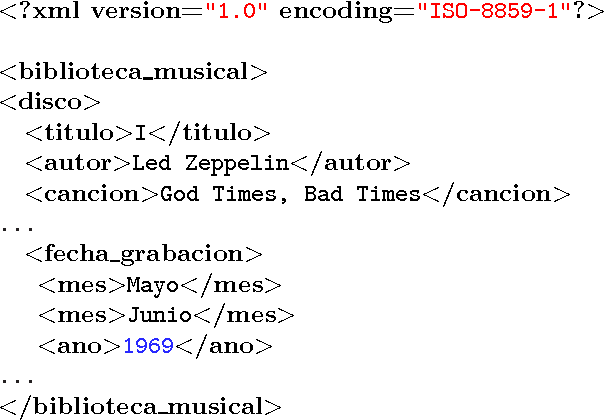
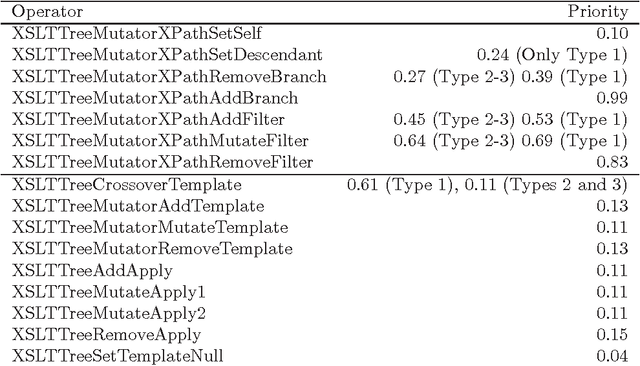

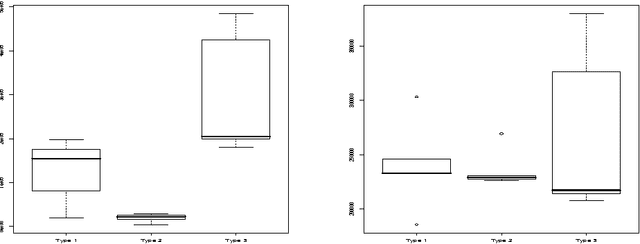
Abstract:This paper introduces a procedure based on genetic programming to evolve XSLT programs (usually called stylesheets or logicsheets). XSLT is a general purpose, document-oriented functional language, generally used to transform XML documents (or, in general, solve any problem that can be coded as an XML document). The proposed solution uses a tree representation for the stylesheets as well as diverse specific operators in order to obtain, in the studied cases and a reasonable time, a XSLT stylesheet that performs the transformation. Several types of representation have been compared, resulting in different performance and degree of success.
Browser-based distributed evolutionary computation: performance and scaling behavior
Jan 18, 2007



Abstract:The challenge of ad-hoc computing is to find the way of taking advantage of spare cycles in an efficient way that takes into account all capabilities of the devices and interconnections available to them. In this paper we explore distributed evolutionary computation based on the Ruby on Rails framework, which overlays a Model-View-Controller on evolutionary computation. It allows anybody with a web browser (that is, mostly everybody connected to the Internet) to participate in an evolutionary computation experiment. Using a straightforward farming model, we consider different factors, such as the size of the population used. We are mostly interested in how they impact on performance, but also the scaling behavior when a non-trivial number of computers is applied to the problem. Experiments show the impact of different packet sizes on performance, as well as a quite limited scaling behavior, due to the characteristics of the server. Several solutions for that problem are proposed.
 Add to Chrome
Add to Chrome Add to Firefox
Add to Firefox Add to Edge
Add to Edge